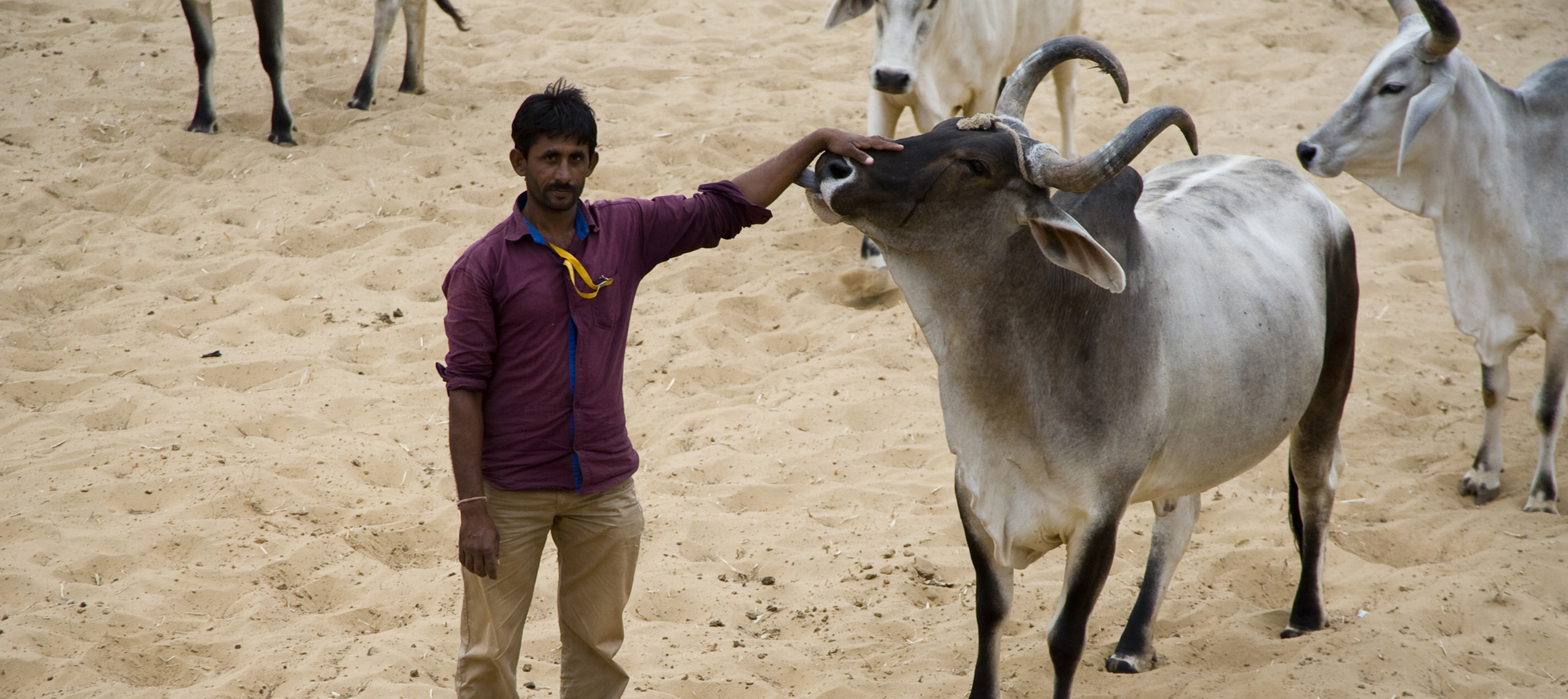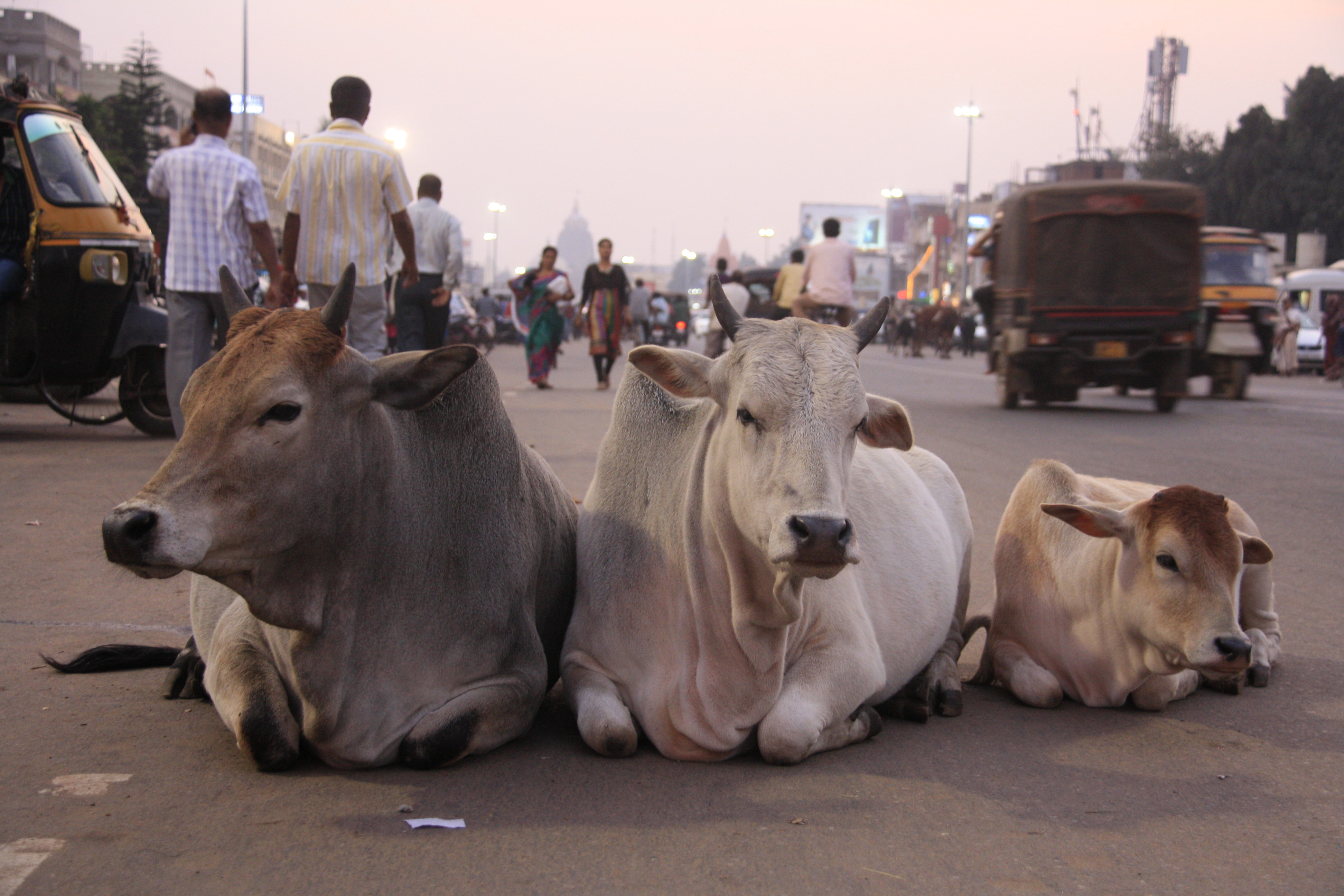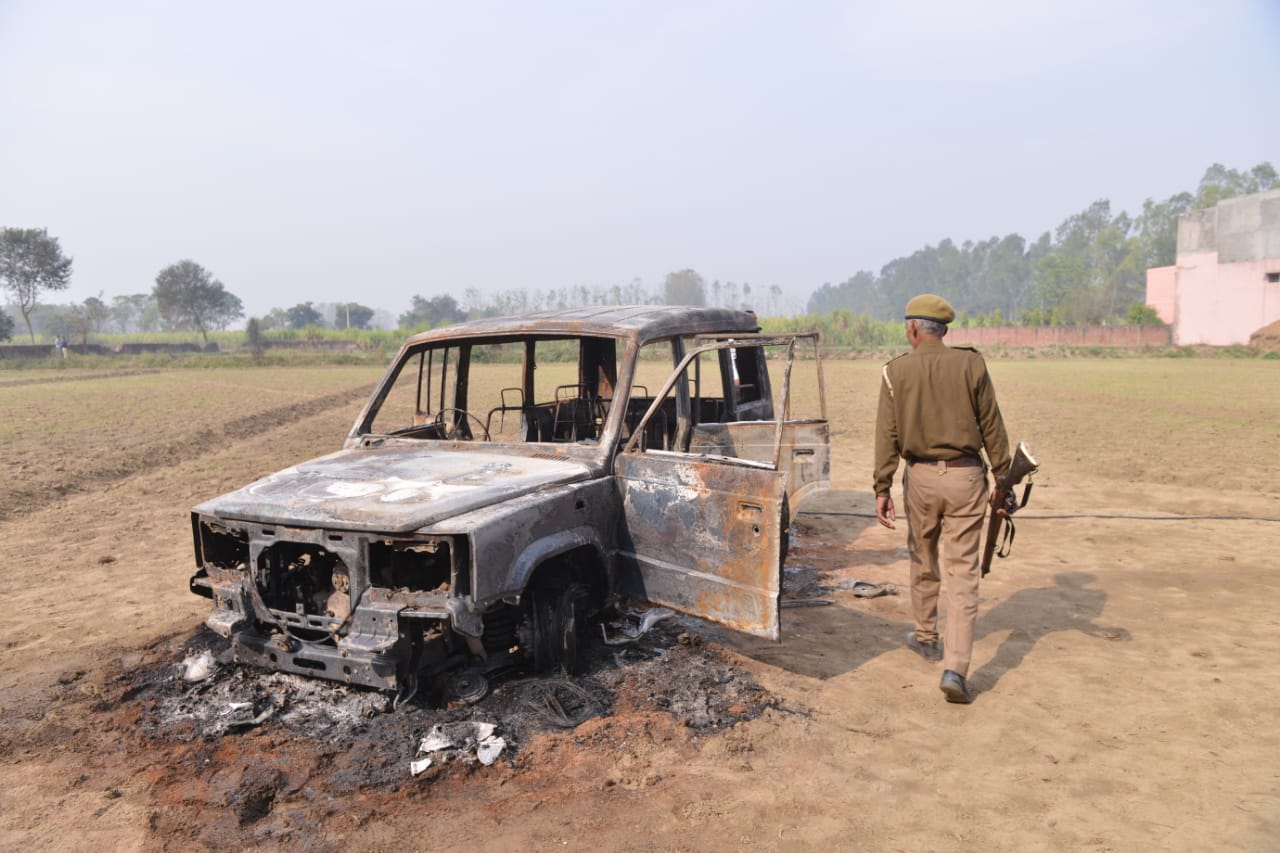In about three months, in the middle of May, Indians will find out if Narendra Modi’s first term was a fevered interregnum or the foundation of a Second Republic. If the BJP wins a stable majority either on its own (as it did in 2014) or in coalition, it will build on the ideological successes of its first term, so this is a good time to measure its majoritarian achievement. It is a journalistic commonplace that Modi has shifted the common sense of the republic rightwards: what might this specifically mean?
One answer to that question is Ajay Mohan Bisht, aka Yogi Adityanath. When Narendra Modi hand-picked him as the chief minister of UP after the BJP’s massive win in the 2017 assembly elections, he was making a statement. By picking an alleged vigilante with a history of affray to head India’s heartland state, Modi and the BJP were giving the electorate a provincial preview of the sangh parivar’s promised land, a Hindu rashtra. The electorate gave the BJP a massive mandate and the party gave it a majoritarian monk who extended the patronage of the State to every violent hobby of the Hindu Right: from love jihad to anti-Romeo squads to open season on Muslim cattle traders, to the elevation of the welfare of cows over the livelihoods of farmers and other humans.
The BJP used the fillip of the 2017 assembly election to fast-track Hindutva. Not only was Adityanath made UP’s chief minister, he was sent all over India to campaign for the BJP; not because he was an exemplary administrator but because he was the perfect human manifestation of the parivar’s real promise: a Hindu-rampant, Muslim-free politics. Should the BJP repeat its election victories of 2014 and 2017 in UP by winning a substantial majority of the province’s Lok Sabha seats, it will be a resounding endorsement of Adityanath as the new normal. The re-naming of Allahabad is meant to be received as a sign of the re-making of the republic. That’s the gamble that Modi and Amit Shah took in 2017, and that’s the existential threat against which the BSP and SP have combined.
When Modi won an absolute majority in 2014, there was speculation about how he might use the wedge issue of cow-slaughter. He had made cow-slaughter an election issue while campaigning in 2014, taunting the UPA government with having ushered in the ‘pink revolution’ by which he meant the trade in cattle. Some wondered if his government might move a law in Parliament against cow slaughter to supplement the provincial bans that already existed. What came to pass was the Hindutva version of a revolution from below. Encouraged by the swearing-in of an avowedly majoritarian government, North Indian vigilantes began lynching Muslims in the name of cow protection. While formally disavowing responsibility, BJP functionaries, legislators, chief ministers and Central ministers acted out their Hindu-nationalist credentials by defending the accused, justifying their actions, even felicitating them with garlands. The erstwhile chief minister of Madhya Pradesh promised a ‘cow ministry’ before the 2018 assembly elections.
The political outrage provoked by the lynching of Muslims made no difference to the violent normalization of cow worship and the brutal, State-sponsored crusade against Muslims snared in the cow-protection dragnet. Kamal Nath, who succeeded Shivraj Singh Chouhan as chief minister, campaigned to build gaushalas in every one of the 23,026 panchayats in Madhya Pradesh. Not content with out-bidding the BJP over affirmative action for cows, the state police on Kamal Nath’s watch invoked the draconian National Security Act against Muslims accused of cow slaughter. In the matter of cow slaughter, the BJP owns the national agenda; the Congress takes its cue from the sangh parivar’s most extreme positions.
The term, love jihad, and anti-Romeo squads used to be confined to the feral fringes of the Hindu Right. Under the patronage of the NDA government, this sinister campaign against romantic love in the name of protecting hapless Hindu girls from predatory Muslim men seemed to influence public reasoning. The Kerala High Court annulled the marriage of a consenting adult, Hadiya, and effectively made her a ward of the State because she had converted to Islam and married a Muslim man. The Supreme Court took a year to strike down Kerala High Court’s verdict, depriving Hadiya of her civil rights as an adult citizen by consigning her to the custody of, first, her parents and, then, her hostel superintendent. Hadiya’s right to religion, her freedom to choose a partner, were effectively held to ransom by a majoritarian canard, the bogey of ‘love jihad’. Should Modi be returned, institutional reasoning will likely continue to be framed by majoritarian assumptions.
The most dangerous and most daring unfinished piece of business on Modi’s agenda is the citizenship amendment bill, passed by the Lok Sabha and due to be presented before the Rajya Sabha. By holding out the promise of citizenship to all refugees from Bangladesh, Afghanistan and Pakistan except Muslims, the bill is trying to smuggle in a religious test for citizenship through the back door. If all illegal migrants except Muslims are granted immunity from criminal prosecution, then it follows that in the eyes of the law, only Muslims can be illegal aliens. The Congress staged a walk-out when the bill was presented in the Lok Sabha, and there are conflicting reports of its likely attitude towards the proposed amendment in the Rajya Sabha. Congress’s office-bearers from the Northeast claim that a three-line whip will be issued to party MPs in the upper House to vote against the bill. On the other hand, newspaper reports quoting unnamed sources claim that there are influential figures in the Congress who are concerned that the bill is a trap set by the BJP to force the Congress to take a stand that could be interpreted as hostile to the interests of Hindu refugees.
Given the cowardice of the Congress in waving through the constitutional amendment that granted a 10 per cent quota to the ‘economically weaker sections’ in the general category, it is likely that the election of a second successive NDA government will see the Congress and the Opposition cave in and support this insidious amendment in deference to the prevailing wind. The BJP has clear ideological goals: it is willing to suffer electoral damage in Assam and the North-east for the sake of a pan-Indian prize: a religious test for citizenship. The Congress, being ideologically vacant, spends its time and political capital trying to second-guess the BJP.
When Amit Shah says he wants a Congress-mukt Bharat, it is a form of misdirection. What he and his party want is a Muslim-mukt or, at least, Muslim-mute Bharat. When Salman Khurshid, the veteran Congressman and erstwhile Central minister, has to step on eggshells to register a mild protest against the state police’s use of the NSA against Muslims accused of cow-slaughter in Kamal Nath’s Madhya Pradesh, when his party president refuses to notice the matter, it’s clear that the BJP has substantially succeeded. The marginalization of Muslims in political argument is apparent not just in the cut and thrust of politics but in the phrasing of a new common sense.
In recent times, two secular intellectuals, implacably opposed to the Modi government and its ideological project, wrote opinion pieces that underscored the inevitability of the Ram Mandir at Ayodhya. Yogendra Yadav wrote about the time a plain-speaking working class neighbour said to him in 1992, “Professor Saheb, Ramji ka mandir Ayodhya mein nahi banega toh kya England mein banega (Professor, if Ram’s mandir isn’t built in Ayodhya, where will it be built, in England)?” This was, for Yadav, a kind of epiphany, a reproach to the dogmatism of the deracinated desi liberal. A few days ago, Rajmohan Gandhi expressed the hope that the ‘Hindu side’ would accept that demolishing the mosque had been an ‘error’, the State would acknowledge its failure to prevent the demolition and, in return, the ‘Muslim side’ would acquiesce in the building of a Ram Mandir on the site of the Babri Masjid for which it would be compensated by being allowed to build a new mosque elsewhere in Ayodhya.
These are well-meant pieces written in a spirit of pragmatism and reconciliation, but their context is Modi’s political dominance and his success in defining Muslims and minorities and the secular principle out of the political conversation. This is why the general election this summer is crucial: should it return a non-BJP government, parties, intellectuals and civil society organizations might find the breathing space they need to recover from the funk induced by the fear of extinction.













